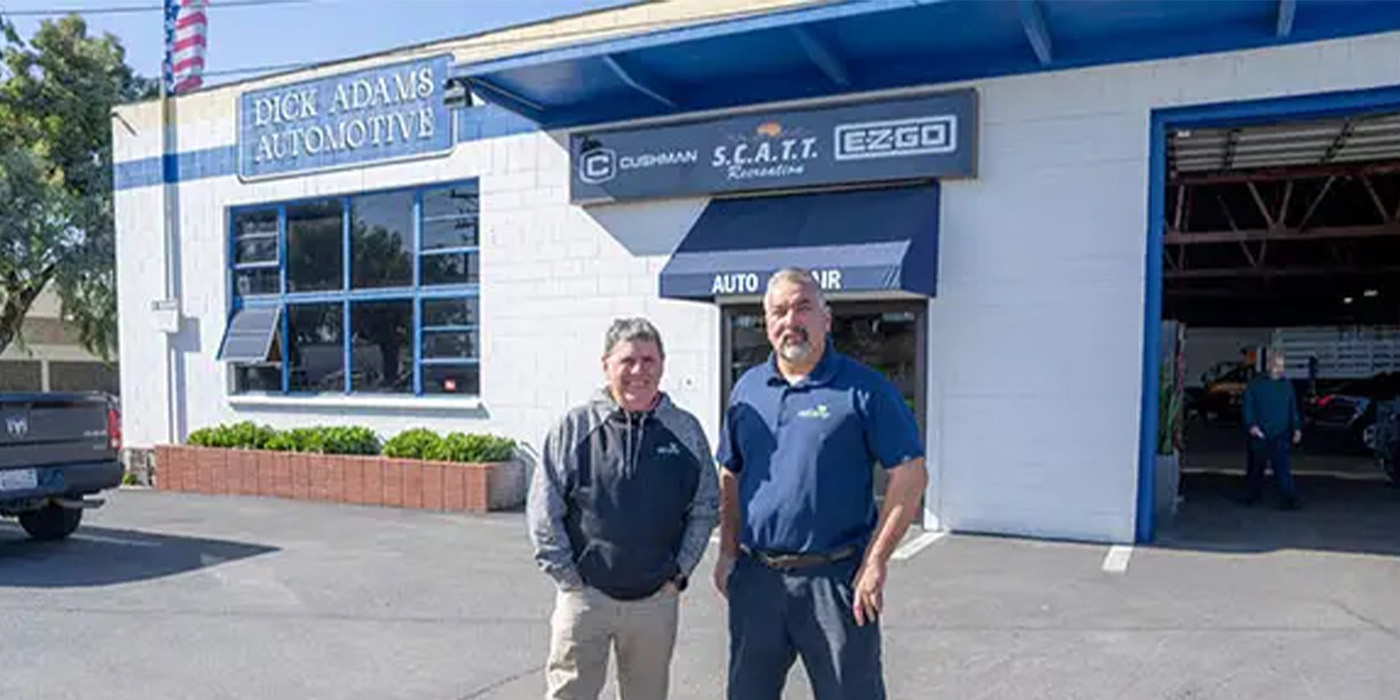While doing research for a recent AAPEX webinar on electric vehicle (EV) chargers, I found out that, in some areas of the country, it is forbidden to charge customers for the kWh they consume while charging their vehicle’s battery. Instead, the charger’s owner can only charge by the time connected to the charger. But, it also got me thinking about how electric vehicles will be taxed now and in the future.
If you drive an internal combustion vehicle, you pay tax on every gallon of gas or diesel. Federal taxes include excise taxes of 18.3¢ per gallon on gasoline and 24.3¢ per gallon on diesel. State taxes, on average, are 29¢ per gallon. Most of these taxes fund road and infrastructure, improvements and mass transportation.
When an electric vehicle is connected to a charger, it is not paying the gas tax. While the fuel tax lost on more than two million electric vehicles is probably not a significant amount of revenue, it is growing. Seventeen states charge additional fees for electric vehicle owners when registering their EVs. The fees can range from $30 to $200 depending on the state. The fees fund a variety of initiatives like vehicle inspection, driver education and even highway call boxes. These charges are increasing, and some states are applying these fees to hybrids.
There are some lawmakers who want to level the battlefield and want to charge electric vehicles and internal combustion vehicles on mile driven. With this tax structure, the driver pays for the roads they use. It means that no matter if a vehicle visits a gas pump or charger station, they pay the same road usage tax.
The problem with charging people for the miles they drive is how to determine how miles are counted. Some state lawmakers think it is as simple as looking at the odometer. But, what if the miles driven were in a neighboring state or the owner decided to falsify the information?
Another enforcement option is to create a network of cameras that track the vehicles on the roads for the tax. But, this can be expensive infrastructure to build. Also, some states have not had the best luck with the legality of traffic cameras for red lights and speeding.
The last option is to track the vehicles with an electronic tracker dongle in the OBDII port. Oregon has been experimenting with this type of reporting using. With the Oregon experiment and eventual implementation, participants pay 1.9¢ per mile to use the roads. If the vehicle is gas or diesel-powered, they will receive a credit against the 30¢ tax on each gallon of gas. Electric vehicles do not receive the credit.
The first results of the experiment were published in 2013, and the program was implemented in 2015. Utah and Virginia are implementing similar programs using the same contractor named Emovis. But, this is where electric vehicles, politicians and right-to-repair start to collide.
For a road usage tax dongle to work, it must have access to the OBDII port. On top of that, the dongle must have access to data like the odometer and other data to determine how far the vehicle has traveled for a given amount of fuel.
At the same time, many OEMs are fighting access to the OBDII port. Some OEMs want a future where technicians and consumers do not have access to data mandated by the Environmental Protection Agency (EPA). Some OEMs see the OBDII port as a security threat from terrorists and people who might try to access their intellectual property.
In the latest federal infrastructure bills, federal funding was approved to test a mileage-based road usage tax programs to replace the 18.3¢ federal gas tax. Now, can you imagine a report to Congress saying that the pilot program did work on some new vehicles because telematics and other data were kept from regulators due to security concerns by the automakers? It would cause some elected officials to change their position on right-to-repair.
The federal gas tax has been around since 1932, and some state fuel taxes even longer. The taxes funded the interstate highway program and many historic infrastructure projects. But, since 1997, the gas tax has lost 28 percent of its value, according to the Institute of Taxation and Economic Policy (ITEP). Part of the reason for the decline is that the tax was last increased in 1993, and vehicles have become more fuel efficient. Now, with electric vehicles dodging taxes at the pump, reform is inevitable. It is just a question of if technology can keep up.












